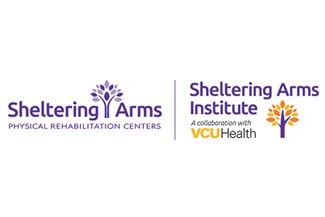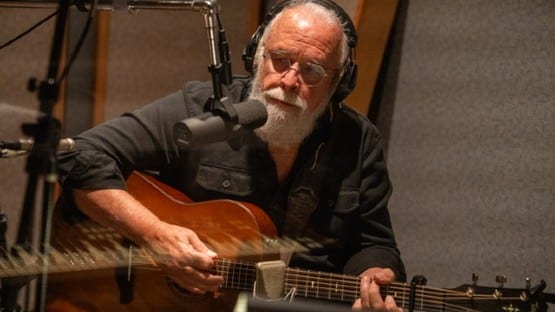
This prestigious designation recognizes the Consortium’s outstanding integrated system of healthcare from hospital treatment to community-based services as well as its innovative interdisciplinary research program to improve the lives of Virginians who have sustained a SCI.
The award includes a $2.2 million grant over five years funded by the National Institute on Disability, Independent Living, and Rehabilitation Research. This makes VCU one of only four centers in the nation to have a dual designation as a SCI and traumatic brain injury (TBI) model systems center.
The co-principal investigators on the grant are Ashraf S. Gorgey, MPT, PhD, FACSM, FACRM, VCU CERSE Professor and Director of SCI Research at the CVHCS, and Zina Trost, PhD, Associate Professor and CERSE Integrative Rehabilitation Research Scientist. The Medical Director of the grant is Timothy Lavis, MD, Chief of Spinal Cord Injuries and Disorders and Senior SCI Specialist for Sheltering Arms Institute.
“We are humbled to receive this award,” said Dr. Gorgey. “It represents many years of hard work by our collaborative research team and the outstanding clinical care delivered by the Central Virginia VA Health Care System and Sheltering Arms Institute. The SCI Model Systems grant supports our continued dedication to research and real-world applicability to enhance the lives of people with spinal cord injuries.”
The centerpiece of the Consortium’s research is an innovative and bold study to improve arm and hand function in individuals with tetraplegia. The research study proposes to use noninvasive electrical stimulation to improve both arm and hand muscle mass and nerve function, a novel approach that has not previously been tried. The second proposed study urgently tackles the difficult topic of identifying specific sources of health inequities following SCI. This study aims to identify practical and implementable solutions that can improve rehabilitation access and health outcomes for people from rural areas as well as racial and ethnic minority backgrounds.
“As a community partner and former Sheltering Arms patient, I appreciate being actively involved in building this research program,” said Richard Bagby, Executive Director, United Spinal Association of Virginia, and Chair of the Virginia SCI Model Systems Advisory Board. “This research is innovative and can potentially make a real difference in people’s lives.”










